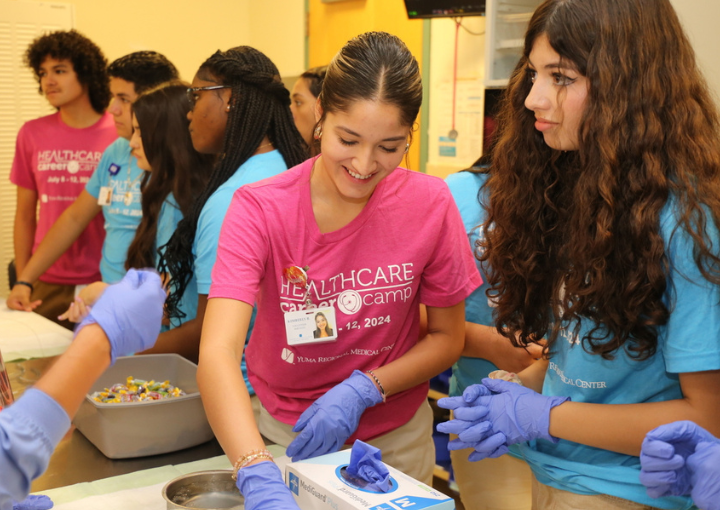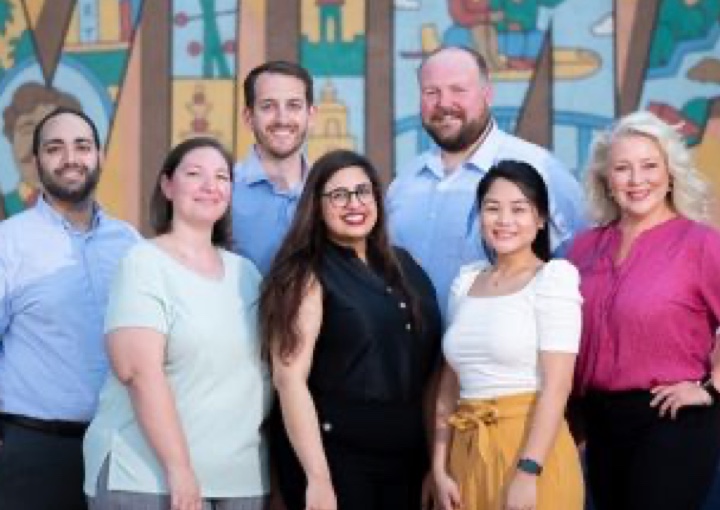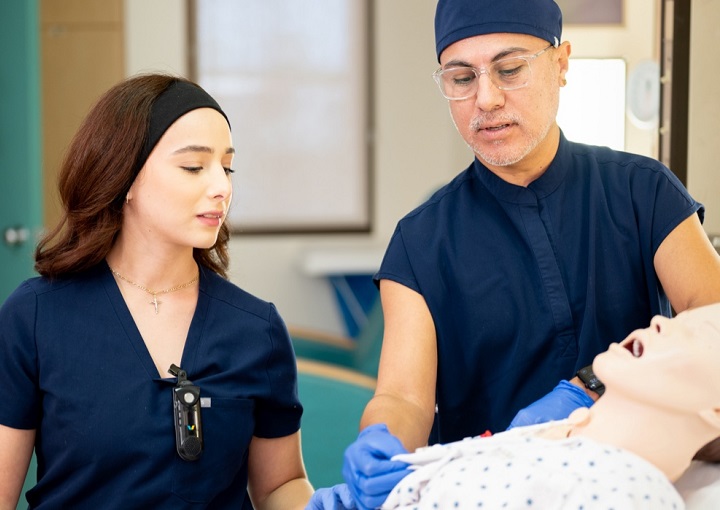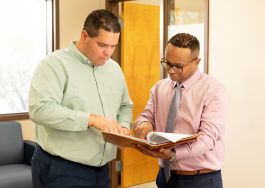The Southwest Health Education Collaborative (SHEC) is Western Arizona’s Area Health Education Center, proudly serving Yuma, La Paz, and Mohave counties.
We are one of six Arizona Area Health Education Centers (AzAHEC) working together across the state to strengthen healthcare in communities that need it most.
Our mission is to grow the healthcare workforce in our communities, ensuring our rural and underserved areas have access to skilled, compassionate healthcare professionals who understand and care about the people they serve.
Through a valuable partnership between Onvida Health, Arizona Western College, and Sunset Health, we create pathways for the next generation of healthcare workers. From inspiring young people to consider healthcare careers to providing hands-on training for students and continuing education for practicing professionals, we’re building a stronger, more connected healthcare community.
We believe great healthcare starts with great people—and we’re committed to developing healthcare professionals who will make our communities healthier.
Core Topic Areas
The Southwest Health Education Collaborative’s educational and training activities support eight Core Topic Areas so that current and future health professionals in our community are equipped to meet our area’s health needs.
Also known as interdisciplinary training, this core topic supports a coordinated, patient-centered model of health care that involves an understanding of the contributions of multiple health care professionals.
Promotes the development of integrated primary and behavioral health services to better address the needs of individuals with mental health and substance use conditions. Addressing clinician burnout and improve provider resiliency.
Burnout in health care professionals is widespread and growing; recent studies indicate elevated levels of burnout, along with related conditions of depression and emotional exhaustion.
Aims to increase training and development of CHWs and paraprofessionals to be the connectors who are able to serve as a liaison/link/intermediary between health professionals and the community to facilitate access to service and improve health equity, community/population health, and social determinants of health.
Seeks to improve virtual learning and telehealth curricula and community-based experiential training. The COVID-19 pandemic has forced all health care systems, hospitals, and clinics to rapidly implement telehealth services, simulation-based technology, and virtual trainings to continue delivering patient care.
SDOH are the conditions in the environments where people are born, live learn, work, play, worship, and age that affect a wide range of health, functioning, and quality-of-life outcomes and risks. SDOH can be grouped into five (5) domains: economic stability, education access, and quality; neighborhood and built environment and social and community context.
Seeks to improve individual health and build healthy communities by training health care providers to recognize and address the unique culture, language and health literacy of diverse consumers and communities19 (e.g., National Standards for Culturally and Linguistically Appropriate Services (CLAS) in Health and Health Care).
Aims to fully support quality improvement and patient-centered care through goal-setting, leadership, practice facilitation, workflow changes, measuring outcomes, and adapting organizational tools and processes to support new team-based models of care delivery.
Addresses relevant current and emerging health issues like COVID-19, Zika virus, pandemic influenza, opioid use disorder, maternal mortality, geographically relevant health issues, etc.
Contact Us
Do you have questions about the Southwest Health Education Collaborative? Reach out to us anytime.




